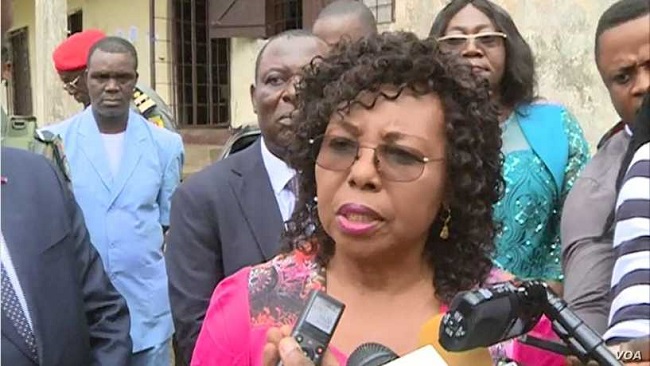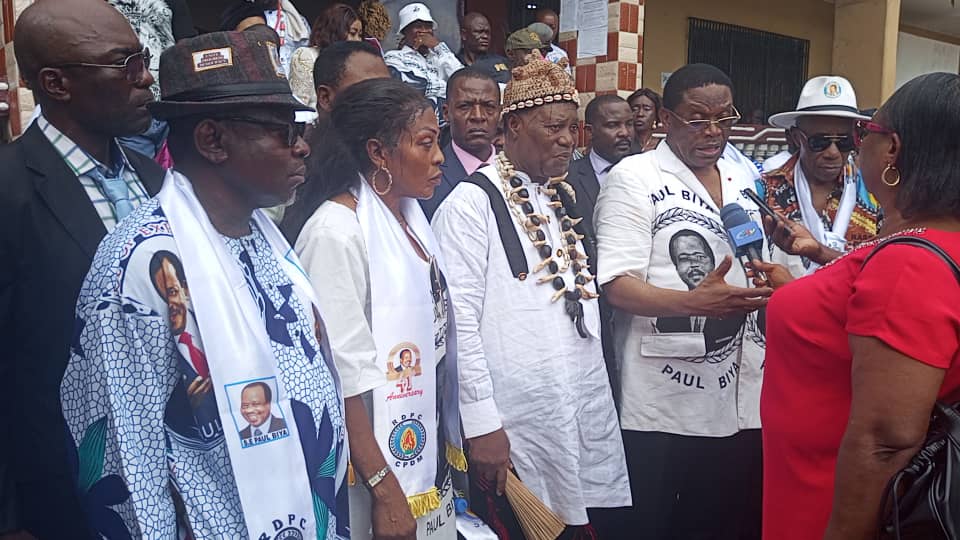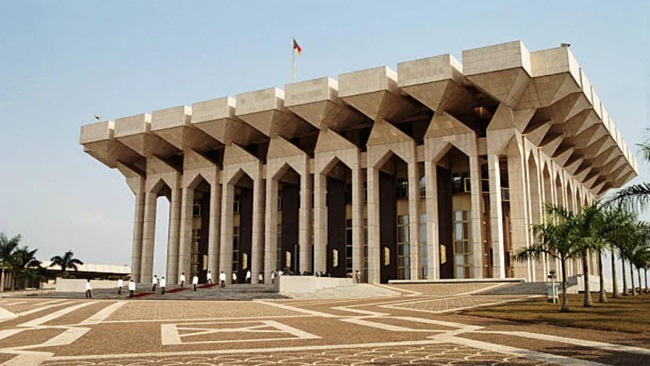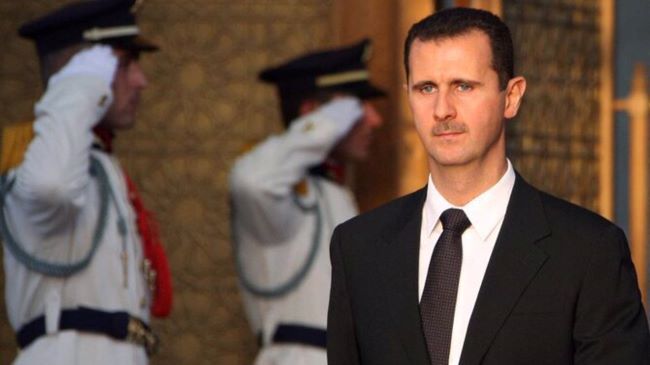9, December 2024
Francophone-Anglophone education systems: Nalova explains Baccalaureate pass rate harmonization 0
The passing grade for the francophone general baccalaureate in Cameroon was set at 10 out of 20 to ensure “equity” between the francophone and anglophone education systems, Minister of Secondary Education Nalova Lyonga told lawmakers.
“In previous years, students in the francophone subsystem were admitted to exams with an average score below 10, whereas those in the anglophone subsystem had to achieve a score of 10 or higher,” Minister Nalova Lyonga said during a December 4 appearance before the National Assembly’s Finance Committee. This decision was necessary to “harmonize the two subsystems,” she explained.
This harmonization led to a dramatic decline in the 2024 francophone baccalaureate pass rate, which fell to 37%, the lowest in 20 years.
The Ministry of Secondary Education did not provide an official explanation for the poor results, which were released in July. However, teachers interviewed said that unlike in previous years, there were no post-correction deliberations in 2024. These deliberations had previously allowed candidates with scores below 10 to be “rescued” by examination boards. As a result, only candidates who achieved a final average of 10 or higher after the exam grading were declared successful.
This policy is expected to continue. In September, during the start of the school year, Minister Lyonga announced in Bafoussam that there would be no further “rescues” for candidates scoring below an average of 10.
Source: Business in Cameroon


























10, December 2024
Biya’s live facial recognition project still trying to identify a banker 0
The President of Cameroon, Paul Biya, last week directed his government to source for money from a Chinese bank for the partial financing of a national video surveillance project with live facial recognition.
The move comes weeks after another Chinese partner, China Construction Bank Corporation (CCBC), decided to discontinue negotiations to offer the government a loan of FCFA 33 billion (approximately US$52 million).
In a decree signed on December 2, the president asked the Minister of the Economy, Planning and Regional Development, Alamine Ousmane Mey, to sign a loan agreement with the Shenzhen branch of China Citic Bank Corporation Ltd worth $52 million for the partial financing of the project’s second phase.
At the close of September, Cameroon’s debt management company (CAA) disclosed in a public debt report that CCBC had decided to withdraw from the deal. Although the CAA’s report didn’t mention CCBC by name or the reason for the withdrawal, it is clear that an authorization had been given in 2021 to contract a loan with the bank for the project, as reported by Business in Cameroon.
In March this year, the government also got presidential authorization to secure another loan from the Hong Kong branch of Banco Santander for the same project.
The funding from these two banks, when obtained, will enable the government to start the second phase of the facial recognition project which will see the construction of command and data centers in each of the ten regional capital of the country, installation of base stations, and the inter-connection of police services for more efficient crime detection.
Phase I of the project has already been completed with hundreds of CCTV camera planted in the two largest cities of Yaounde and Douala, as well as in other regional cities. This phase has already seen the construction of two major command centers, the second of which was inaugurated last year in Douala.
Apart from capturing crime scenes, the system is meant to record traffic accidents, disruption of road traffic such as through violation of traffic lights, or any other form of urban disorder that warrants prompt police intervention.
It is being implemented by the General Delegation for National Security (DGSN) in partnership with Cameroon’s state-owned telecommunications company (CAMTEL) and Chinese tech giant Huawei. Huawei supports similar video surveillance projects in other African countries in what appears to be a growing trend across the continent.
The video surveillance projects, despite the advantages touted by governments, have faced criticism from digital rights advocates over concerns related to privacy and human rights.
Source: Biometricupdate